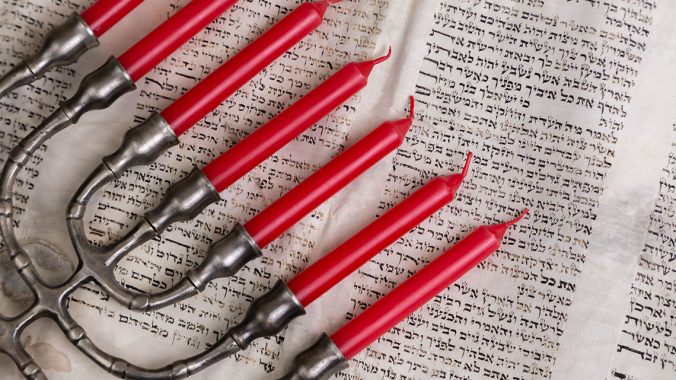In this section, David McLoughlin, the Emeritus Fellow of Christian Theology at Newman University, Birmingham, explores the teachings of Jesus within the "Great" and "Little" traditions.
Also in What is a Jubilee?
What is a Jubilee? > Jubilee in the Catholic Church > The Year of the Jubilee >In this section, David McLoughlin, the Emeritus Fellow of Christian Theology at Newman University, Birmingham, explores the teachings of Jesus within the “Great” and “Little” traditions.

The Jerusalem elites proposed a particular reading of the Scriptures, their interpretation of the Great Tradition defined the current social construction of reality.

In the midst of all of developing ideas of the time, lies a series of laws about debts, which can be found in Deuteronomy 15 and 24.

It is in Galilee that Jesus develops rituals of reversal and we begin to see the subversion of the interpretations of the Great Tradition.

In Galilee the Torah was in dispute so Jesus’ teaching and action reveal how he read and interpreted the Scriptures from a different perspective, that of the prophetic tradition.

In the Torah there are Purity and Debt codes. The codes apply to the table, the household and the sanctuary.

The Jerusalem elites who Jesus clashes with prioritise the Purity codes. Poverty is the result of uncleanness.

Jesus’ use of Abba is already in part a critique of the Temple and the Jerusalem elite’s interpretation of the Covenant message.